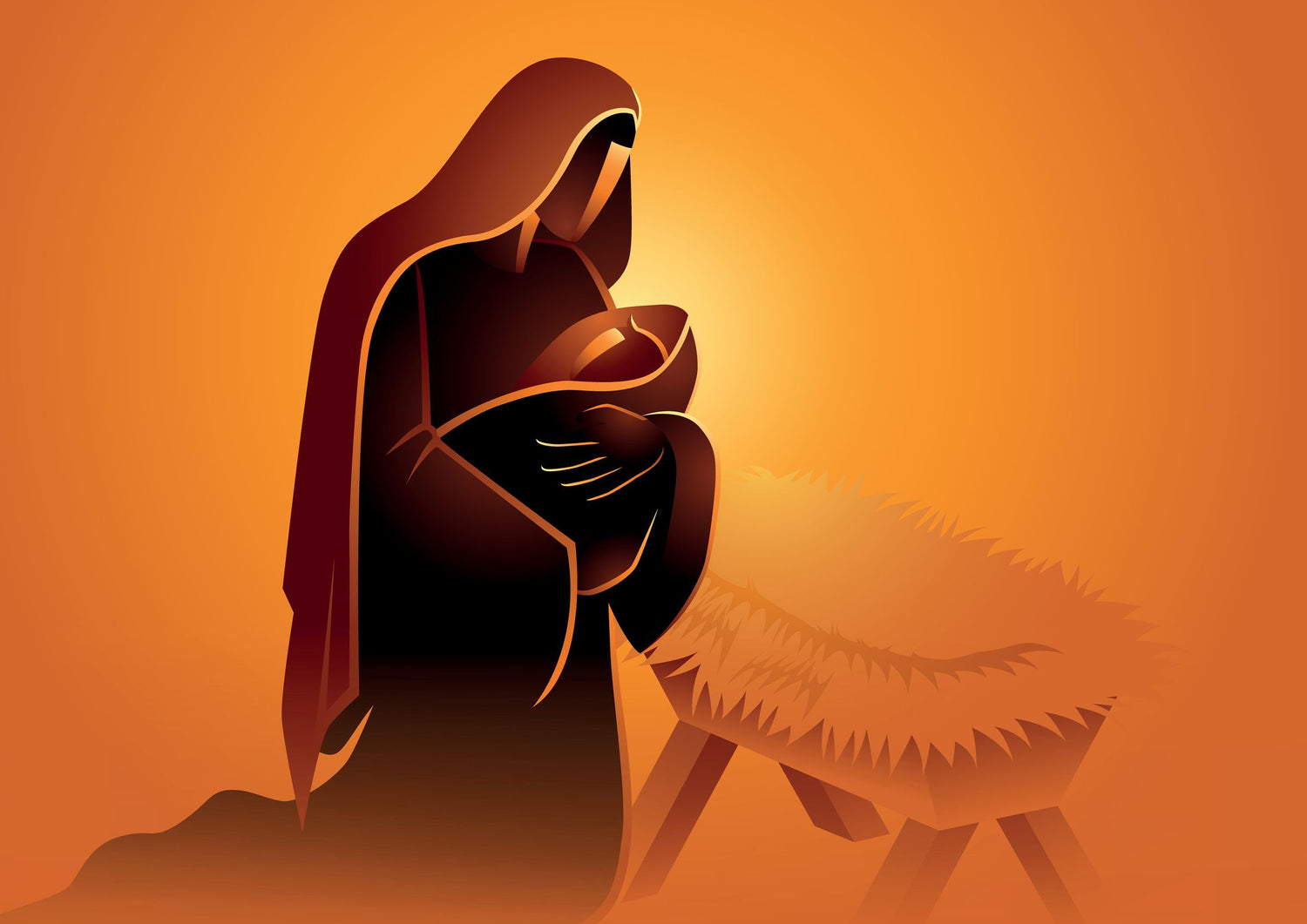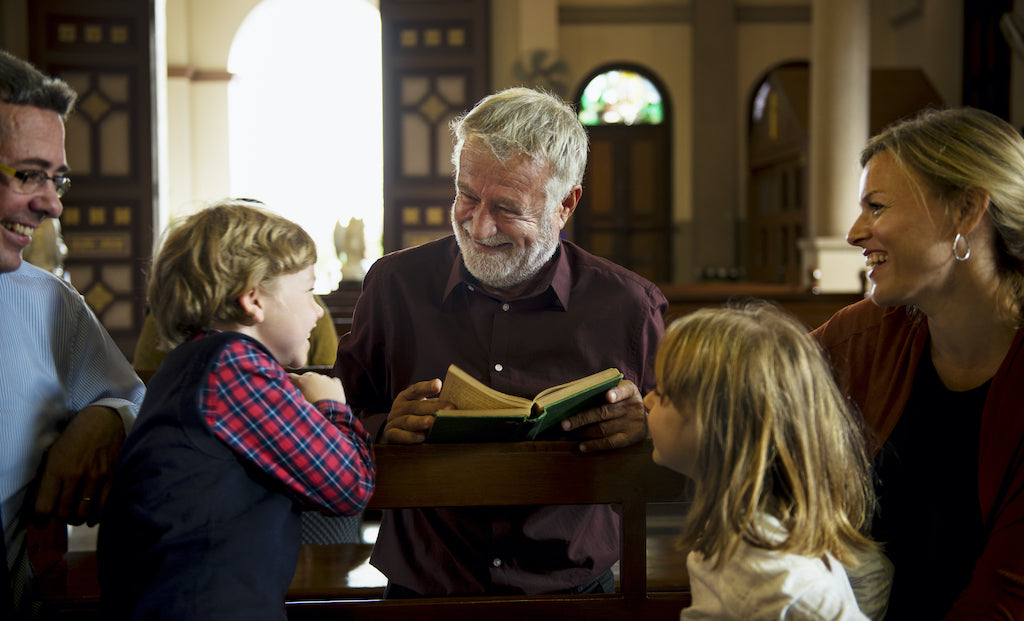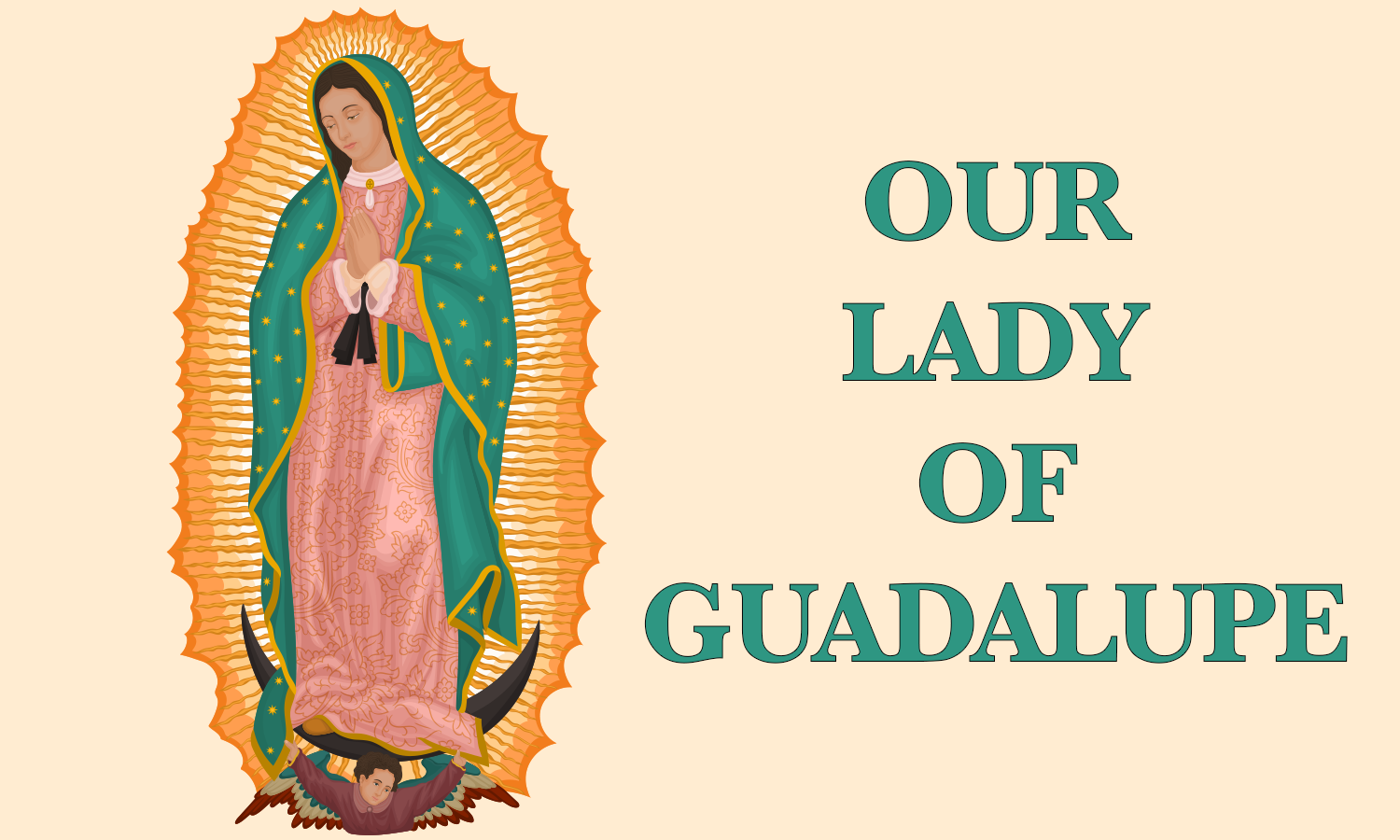
By Anne Metz
This was not the birth she expected.
I must imagine that she planned to give birth in the comfort of her own home. Maybe Elizabeth would come to help, just as Mary helped when Elizabeth gave birth to John. The women in her community would surround her, help her, stay with her, and guide her into new motherhood.
Instead, she prepared for the birth by riding a donkey from her home to Bethlehem. Instead of welcoming her new son surrounded by family, she was in a strange land, surrounded by animals in a stable.
These were not the first days she expected for her son.
I suspect she envisioned a warm home, clean blankets, a safe place to lay her baby, and a myriad of loving arms to welcome her new son. Instead, she “wrapped him in strips of cloth and laid him in a manger” (Luke 1:7).
This would not be the last time Mary witnessed her baby boy suffer.
Outside of the normal childhood sicknesses and scrapped knees, she would watch him arrested, beaten, mocked, spit on, and finally crucified.
How much did her mama heart break along the way? How did she cope with watching her child suffer? How do any of us cope with it?
We might not have thought about these things before having kids, the excitement and joy of a pregnancy masking any potential for suffering. We might have been taken by surprise by a birth plan that didn’t go our way, a baby born too soon, feeding issues, or a chronic diaper rash. It’s not long before the suffering reveals itself: ours and our child’s.
How do we bear it? How did Mary bear it?
Even in the midst of suffering, there is hope. In Luke’s gospel, we learn that after the birth of Jesus, a host of angels appear to shepherds in a nearby field.
An angel of the Lord appeared to them, and the glory of the Lord shone over them. They were terribly afraid, but the angel said to them, “Don't be afraid! I am here with good news for you, which will bring great joy to all the people. This very day in David's town your Saviour was born — Christ the Lord! And this is what will prove it to you: you will find a baby wrapped in strips of cloth and lying in a manger.”
Suddenly a great army of heaven's angels appeared with the angel, singing praises to God:
“Glory to God in the highest heaven, and peace on earth to those with whom he is pleased!” Luke (1:9-13)
And so, there was celebration after all, because despite the meager surroundings, the birth plan gone wrong, and the lack of family and helpers, there was great joy. Visits from the shepherds, a host of angels proclaiming the arrival of a Savior, songs of praise, a promise fulfilled.
This is how we too cope with the suffering - what we ourselves suffer as parents and how we bear to watch our children suffer. We have hope because Jesus is our hope. He is the Light of the World, come restore God to His people. Through his suffering, we are redeemed. His suffering was not pointless. It was not wasted, and neither is ours.
But this life is not just about waiting out the suffering. There is joy in this life and that is thanks to Jesus, who loved us so much, came to live among us - God reunited with his people! We also have the gift of the Holy Spirit, God’s presence here on Earth and within us. We are no longer separated from God and that is a cause for joy and praise.
When the angels departed, the shepherds when to Bethlehem to see the baby and to worship their Messiah come to Earth. And the shepherds left, “singing praises to God for all they had heard and seen; it had been just as the angel had told them” (Luke 1:20).
What started with an arduous journey and a birth in a stable ends with hope. The story doesn’t end with suffering. It ends in song!




